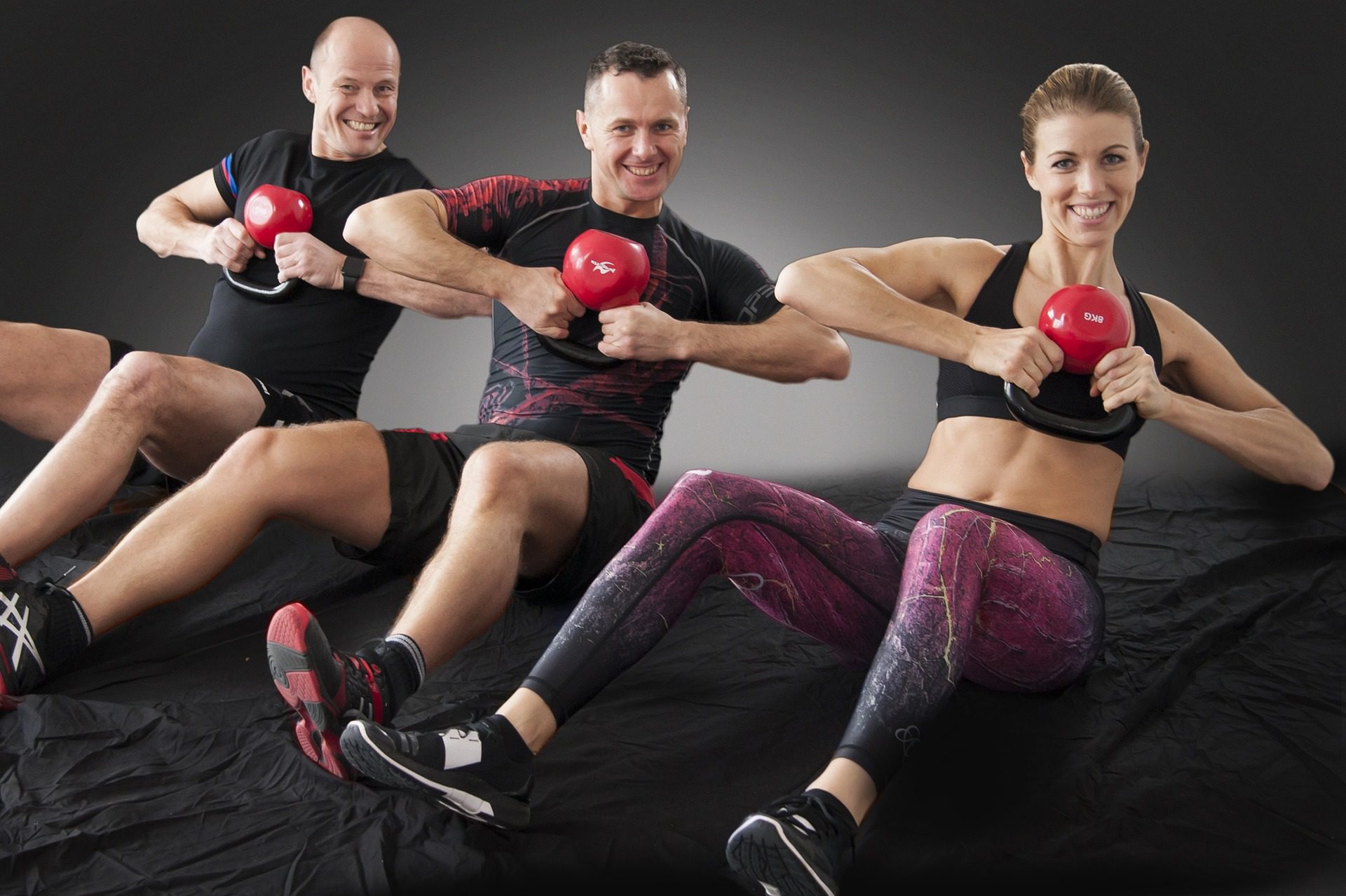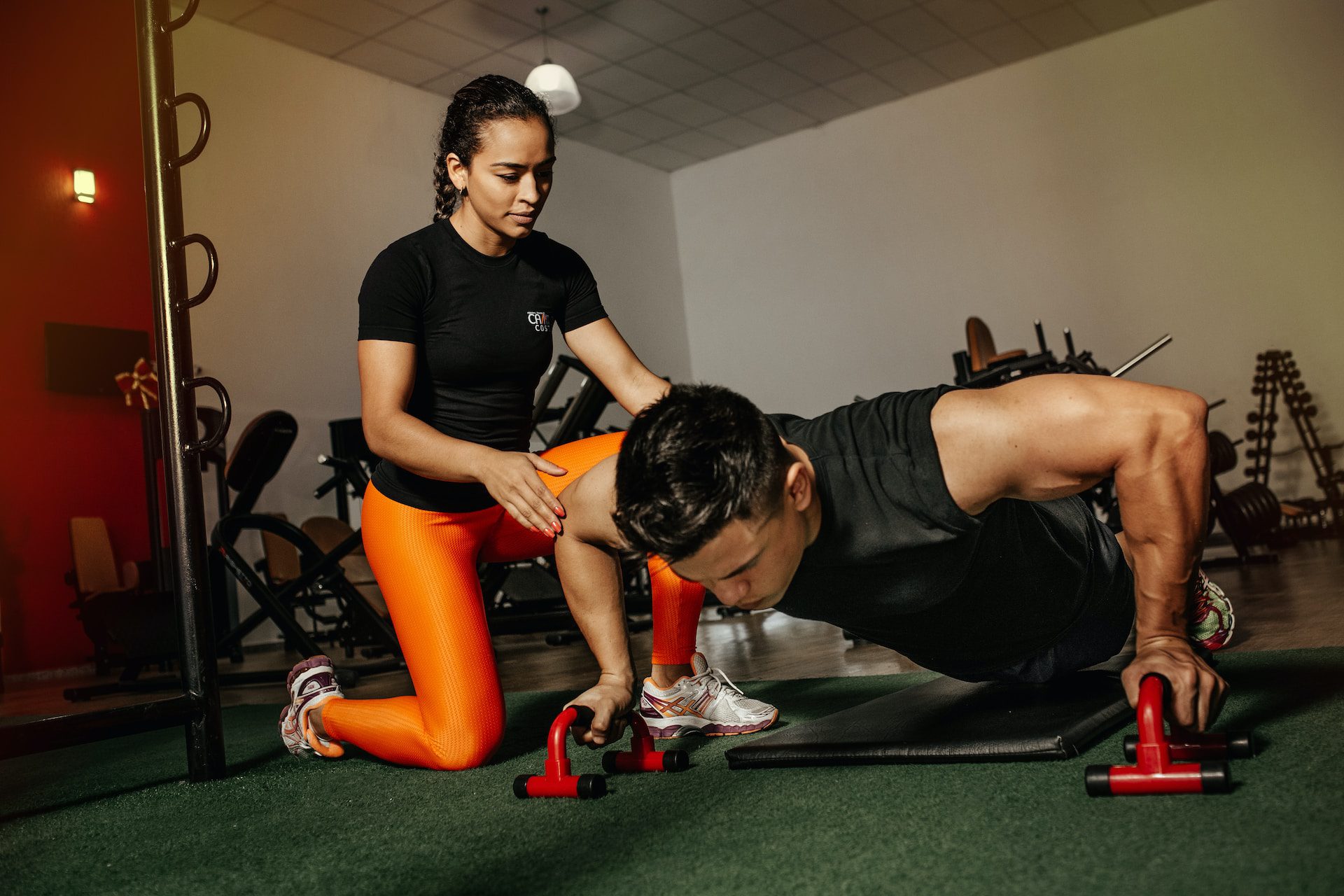Nowadays, psychological and emotional well-being is recognized as a severe health issue as prevalent as diabetes, cancer, and heart disease.
Medication and counseling were once considered the only way to treat depression, anxiety, and other brain disorders. Whole Brain Health’s article by neurologist Dr. Amrita Sharma shows that exercise and brain health are linked and how 150 minutes a week of moderately intense activity can improve mental and physical health.
Many people find exercise more of an unpleasant experience than an enlightening one. Still, it only takes small amounts of physical activity to impact your mental health positively. Going to the gym has many advantages and should be seen as exercise and not ‘working out,’ which our brain connects to work rather than fun. So, it goes without saying that happiness and enjoyment should be the most favorable outcomes of a visit to the gym.

Good Social Aspect
Exercise can be a lonely task when you are doing it alone. Going to a gym and meeting people in the same situation will increase your circle of friends and improve your social life. Being part of a community will increase your self-confidence and motivate you to continue. Having friends on the same fitness level will encourage you to push a little harder to reach your goal. Positivity spreads and is infectious when interacting with other people. And the hormones released will make you feel great.
A Better Night’s Sleep
Sleeplessness can leave us grumpy and unmotivated, leading to depression and anxiety. Regular activity like going to the gym will improve sleep quality. The pre-sleep fear will be suppressed by producing feel-good chemicals, and common sleep problems like restless leg syndrome and sleep apnoea will be alleviated. Also, mental and physical exertion leads to an increase in the amount of deep sleep we get.
Improves Brain Functions
Studies by the World Health Organization have shown that exercise is as beneficial to dealing with depression as anti-depression medication. Exercise improves your concentration by focusing on the method and effort needed to carry out your chosen activity. Exercise helps your brain function to combat the aging process by improving blood flow and generating the vital proteins essential for good brain health. This is backed up by an article by NBC News which lists eight ways to improve your brain functions, and one of the main factors is exercise.
Reduces Risk of Physical Illness
Whatever your age, everyone can benefit from regular exercise. Sports and games can help maintain good physical health, promoting great mental well-being. Any movement, such as walking, running, and swimming, will strengthen muscles and bones, helping you to keep active. Exercising regularly burns calories, increases weight loss, and lowers cholesterol, helping to reduce the risk of a stroke, heart disease, type 2 diabetes, and many more illnesses.
Boosts Your Mood
Our daily lifestyle often leads to feelings of stress and anxiety, leaving us tired and depressed. A blog post entitled ‘12 Tips for Taking a Restorative Mental Health Day’ on Zocdoc shows how a break from everyday life restores your mental health, as will a gym session. An emotional boost allows the brain to release ‘happy’ chemicals into your body. Exercise delivers nutrients and oxygen to tissues in your body, improving the output of the cardiovascular system. This will increase your energy level, helping you to complete any tasks with new vigor.
Puts a Spark Back in a Relationship
Low self-esteem and constant exhaustion are detrimental to a happy, healthy relationship. Feeling out of shape and unattractive to your partner reduces physical intimacy and lowers emotional well-being.
Regular exercise will improve how you look and feel about yourself. So, going to a gym together, sharing the experience, and encouraging one another to reach their goals could be the spark to rekindle a flame.
Some of the tips on ExerciseRight.com give reasons why exercise is essential to a relationship. If you enjoyed this article, please consider our post ‘5 Best Online Personal Training Apps’ as a follow-up reference point.
